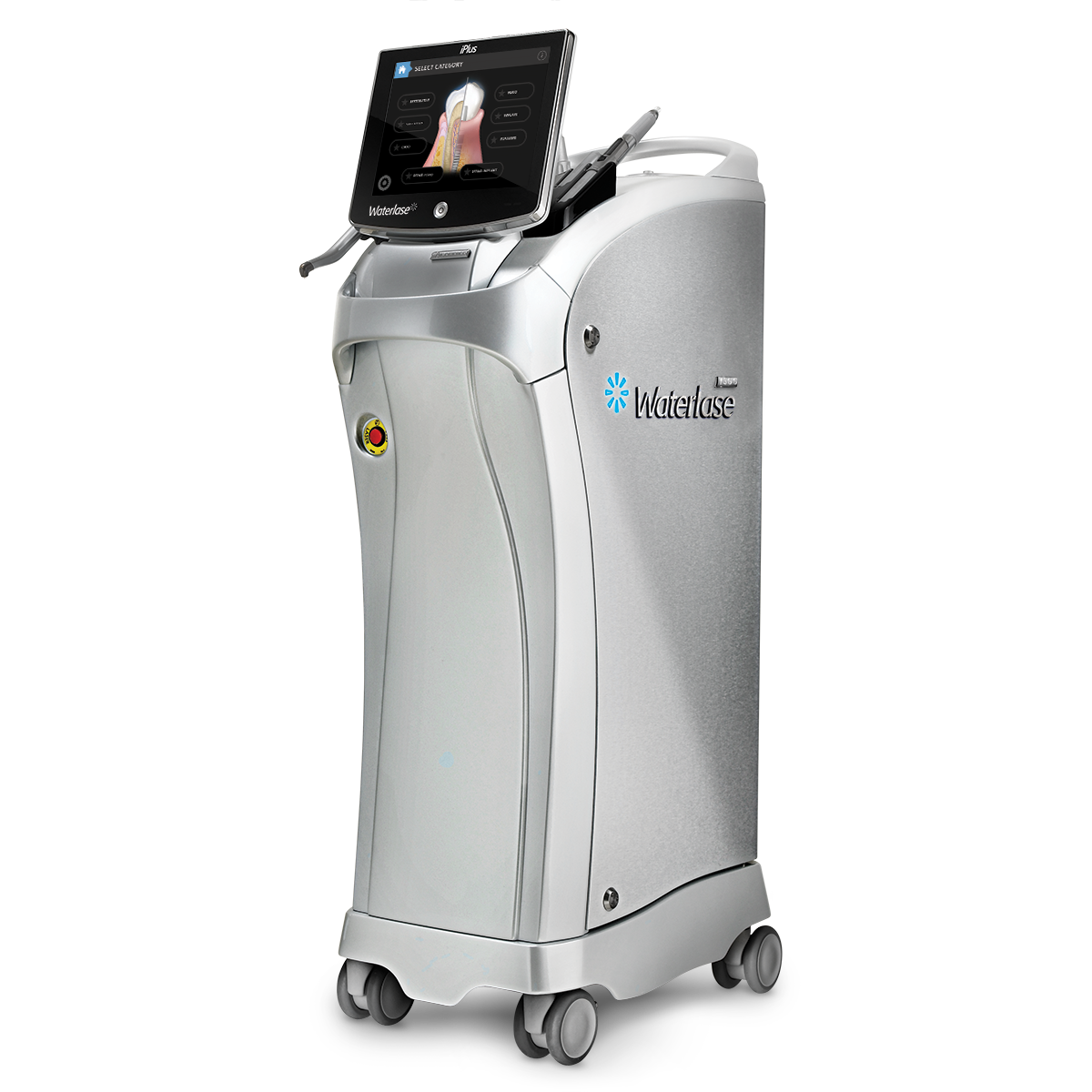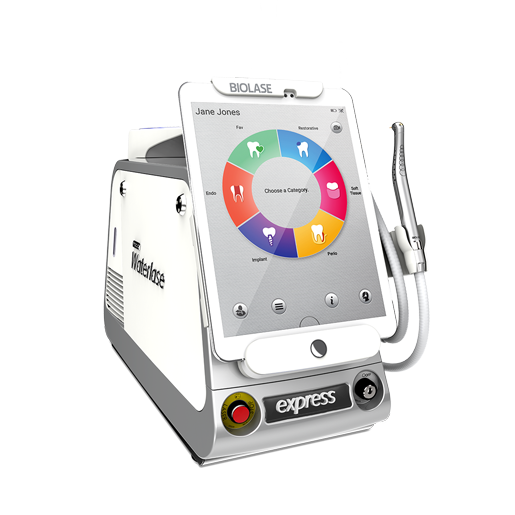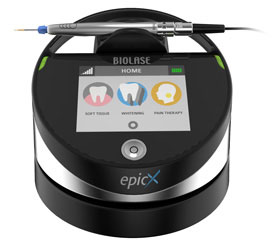If a walk in winter weather causes pain in your choppers (your teeth hurt with cold air), you may have sensitive teeth.
According to the Academy of General Dentistry, at least 40 million adults suffer from sensitive teeth in the United States. The problem is common and it is treatable. The most common complaint among dental patients is a sudden, sharp blast of pain when teeth are exposed to cold air or cold weather temperatures.
In happy teeth, enamel protects a soft layer of dentin and the tooth roots are protected by gums. If the enamel is eroded or if the gum line has retreated, the dentin becomes exposed. The dentin contains microscopic tubes that lead to the tooth’s pulp. In sensitive teeth, cold air travels through the tubes and reaches the nerves deep inside the tooth and delivers a sharp ouch.
If your teeth hurt with cold air, some factors that may contribute to that tooth pain include:
- Brushing too rough
- Using a hard-bristled toothbrush
- Gum recession
- Teeth grinding
- Cracked teeth
- Swollen gums
- Jaw clenching
- Whitening toothpastes
- Plaque build up
- Acidic foods
- Citric acid beverages
- Thin enamel
- Eating disorders
The pain of sensitive teeth can be managed easily. Take a look at your toothpaste. If it contains sodium pyrophosphate, consider switching. There are good fluoridated toothpastes made for sensitive teeth that offer therapeutic benefits.
Remember to use only soft-bristled toothbrushes and avoid vigorous brushing. If your brush bristles look flat, crazed, or shoot off in a gazillion different directions, you’re brushing too hard. Lighten up on the pressure.
For best results, schedule a dental exam. Your WaterLase dentist can present a variety of advanced medical treatment options to help make your winter wonderful.



